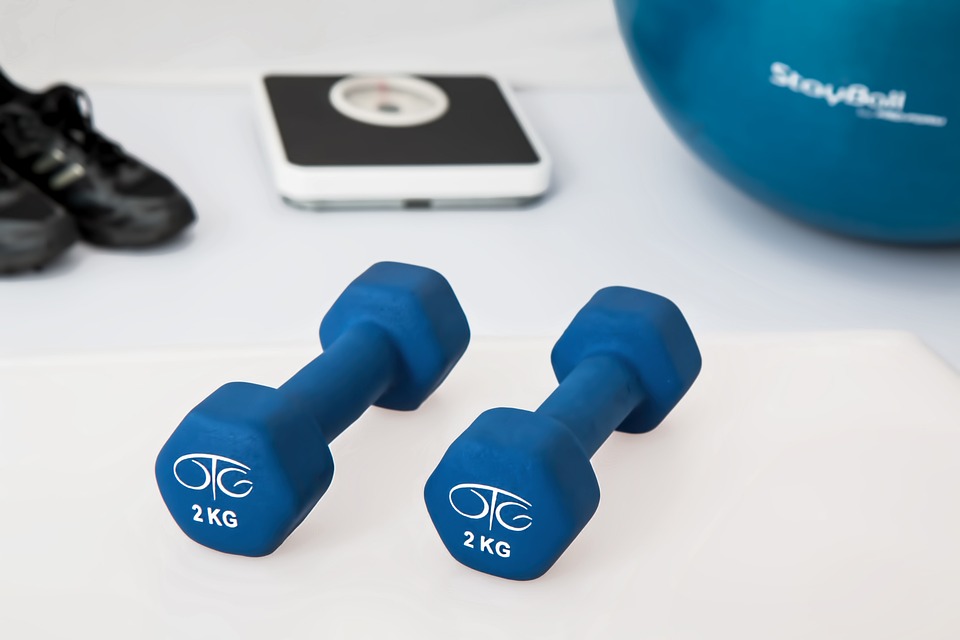Exploring the Science Behind Ketosis: How Your Body Enters a Fat-Burning State
Ketosis is a metabolic state in which your body starts utilizing fat as its primary source of fuel instead of carbohydrates. This process occurs when you follow a low-carbohydrate, high-fat diet, commonly known as the ketogenic diet. Understanding the science behind ketosis can help you make informed decisions about your dietary choices and achieve your health and weight loss goals.
How Does Ketosis Work?
When you consume a diet high in carbohydrates, your body breaks down those carbs into glucose, which is then used as the main source of energy. However, when you restrict your carbohydrate intake, your body’s glucose reserves become depleted. In response, your liver begins converting stored fat into ketones through a process called ketogenesis.
Ketones are small molecules that serve as an alternative source of energy for your brain and body. As your body enters a state of ketosis, it becomes efficient at utilizing these ketones as fuel. This shift from glucose to ketones as the primary energy source is what allows for the fat-burning benefits associated with ketosis.
The Benefits of Ketosis
Ketosis offers numerous benefits beyond just weight loss. Some of these include:
- Increased fat burning: By relying on fat for fuel, your body becomes more efficient at burning stored fat, leading to weight loss.
- Improved mental clarity: Many individuals report enhanced focus and mental clarity when in a state of ketosis.
- Stable energy levels: Unlike the energy spikes and crashes associated with glucose metabolism, ketosis provides a steady and sustained energy supply.
- Reduced inflammation: Ketosis has been shown to have anti-inflammatory effects, potentially benefiting individuals with conditions such as arthritis.
- Appetite suppression: The ketogenic diet can help regulate hunger hormones, leading to reduced cravings and increased satiety.
FAQs about Ketosis
1. How long does it take to enter ketosis?
The time it takes to enter ketosis can vary from person to person. Typically, it takes around 2-7 days of following a low-carbohydrate diet for your body to deplete its glucose reserves and enter ketosis. Incorporating fasting or exercise can help expedite this process.
2. How can I tell if I’m in ketosis?
There are several ways to determine if your body has entered a state of ketosis:
- Testing ketone levels in your blood: This involves using a blood ketone meter to measure the concentration of ketones in your blood.
- Measuring ketones in your breath: Breath analyzers can detect the presence of acetone, a type of ketone, in your breath.
- Using urine test strips: These strips change color based on the amount of ketones excreted in your urine.
3. Can I consume any carbohydrates while in ketosis?
While the ketogenic diet emphasizes a low-carbohydrate intake, it doesn’t necessarily require complete elimination of carbs. Many individuals following the diet consume small amounts of carbohydrates from non-starchy vegetables and low-sugar fruits. It’s important to monitor your carbohydrate intake and adjust it based on your personal goals and tolerance.
4. Are there any side effects of ketosis?
Some individuals may experience temporary side effects when transitioning into ketosis. These can include fatigue, headache, dizziness, and digestive issues. However, these symptoms often subside as your body adapts to using ketones as its primary fuel source. It’s crucial to stay properly hydrated and ensure adequate electrolyte intake during this transition period.
In conclusion, understanding the science behind ketosis is essential for anyone considering adopting a ketogenic diet. By entering a state of ketosis, your body can efficiently burn fat, leading to various health benefits. However, it’s important to consult with a healthcare professional before making any significant dietary changes.
For more information on ketosis and its effects on the body, check out this informative article.







